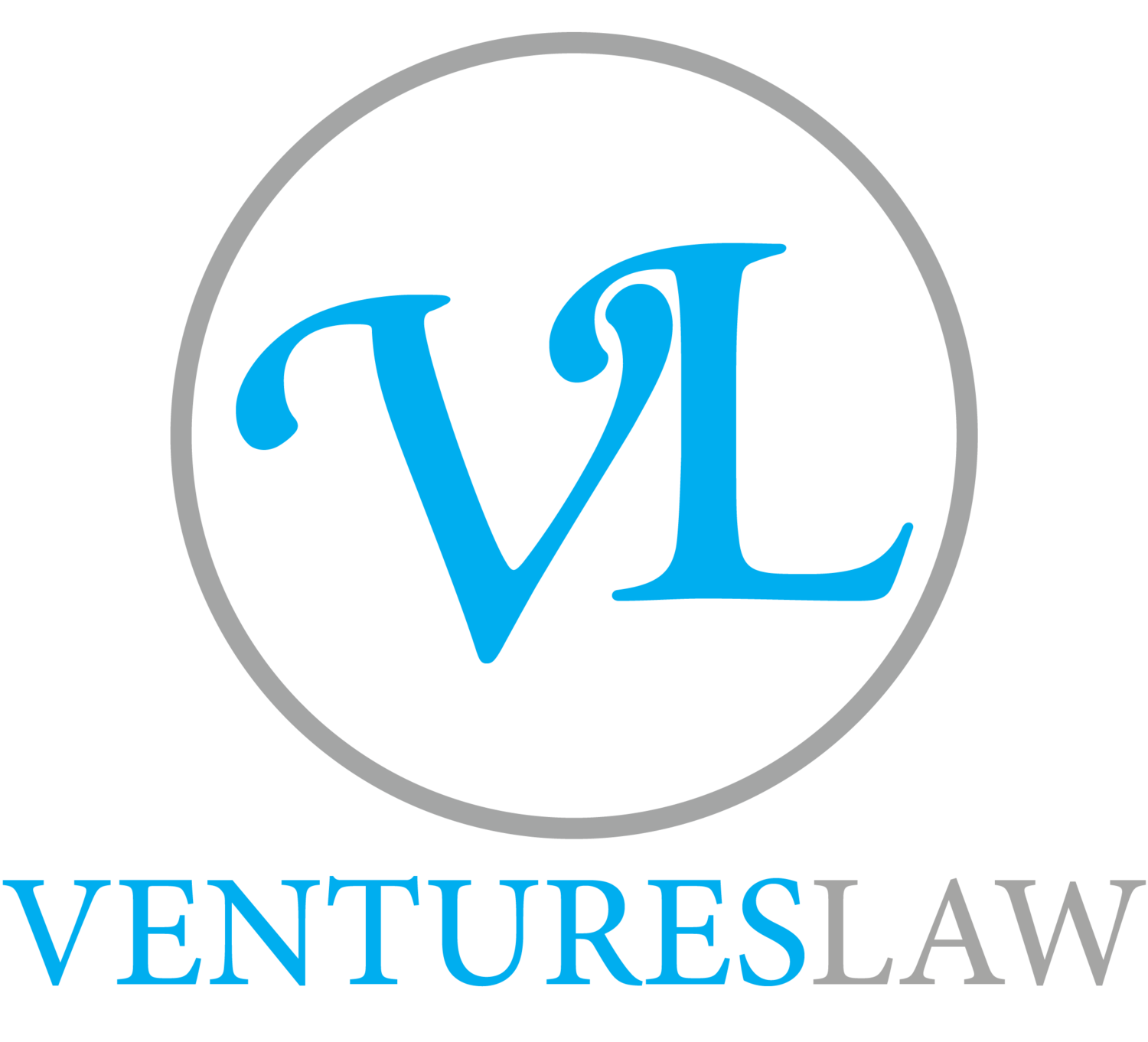I became an attorney with the goal of helping others. Nowhere is that more rewarding than when working with someone passionate about a nonprofit organization.
Organizations designed for purposes other than profit face many of the same risks as their for-profit counterparts. Just like a business may be liable for the acts of their employees, you may be legally responsible for the actions of your organization's volunteers. You can still incur personal liability that may be minimized by creating a separate legal entity. While these risks exist, they should not stop you from helping in the ways you would like to. Proper planning and entity formation can ensure that you are protected. To learn more, check out this article about liability and volunteers, and my recent blog post about why your business should become an LLC to minimize risk.
Beyond limiting liability, the IRS gives nonprofit organizations an additional incentive to do things the right way. 26 U.S. Code § 501 provides federal tax-exempt status for certain nonprofit and charitable organizations. Filing for 501(c) status allows an organizer to be legitimized in the eyes of the law without incurring federal income taxes. Not only does 501(c) status reduce an organizations taxes, but it may allow donors to reduce their own taxable income by deducting donations that they make.
If you or someone you know are involved with a nonprofit organization, protect it, and protect yourself, by contacting Ventures Law Firm today.

